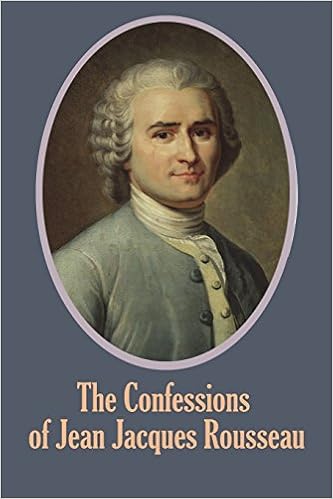Autobiography/Memoir
The Confessions of Jean Jacques Rousseau
Jean Jacques Rousseau
2018
Thought of as the first modern autobiography; in his Confessions Jean-Jacques Rousseau tells the story of his life, from the formative experience of his humble childhood in kinship care and then in foster care, through the achievement of international fame as novelist and philosopher in Paris, to his wanderings as an exile, persecuted by governments and alienated from the world of modern civilization. In trying to explain who he was and how he came to be the object of others' admiration and abuse, Rousseau analyses with unique insight the relationship between an elusive but essential inner self and the variety of social identities he was led to adopt.
Rousseau was seen as being radical and was anti verbal lessons and instruction he believed children learnt by experience alone, which encouraged thought. Instruction is bad because it is not natural. Children should be guided how to learn for themselves.
In the book (Emile) he wrote about the right way to raise children, and yet he sent all his own children, five of them to the Paris Foundling Hospital immediately upon birth. He never knew or even saw them.
He says that at the time he was not troubled by his conscience and the only reason he did not boast openly of his actions was to save the feelings of his mistress (the mother), who did not agree with the decision. He claimed abandoning one’s children at the Foundling Hospital was “the custom of the country” as told by the “fundamentally decent” men at the dining establishments he frequented. He regarded children as a considerable inconvenience, abandoning them was a socially acceptable way to relieve oneself of it, problem solved.
Rousseau eventually was troubled by his conscience about the way he had disposed of his children. He considered making a public confession at the start of Emile, but thought better of it.
A baby at the Paris Foundling Hospital had only a two thirds chance of surviving its first year and only a five percent chance of reaching maturity. These are facts which Rousseau could have determined without much difficulty if he had bothered to find.
This brings into question his thoughts about children when he had so little love, compassion and caring for his own.

